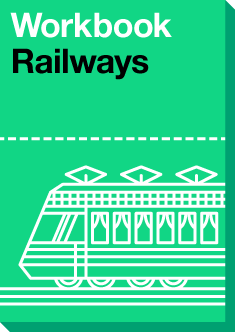Electrify the Great Western Railway
The electrification of the Great Western Main Line is a huge engineering project that will mean faster, greener, quieter and more reliable journeys for thousands of passengers. It provides a context where new technology meets history.
This project gives students an introduction to working as an engineer in the context of the electrification of the Great Western Railway. They are tasked with preparing for a community consultation, which will be acted out on the last day of their placement. To help them prepare, each day they work on a different aspect of the electrification process. As they work they are introduced to key engineering principles, technologies and engineering values, such as regard for sustainability, health and safety and equal opportunities.
Stage Information
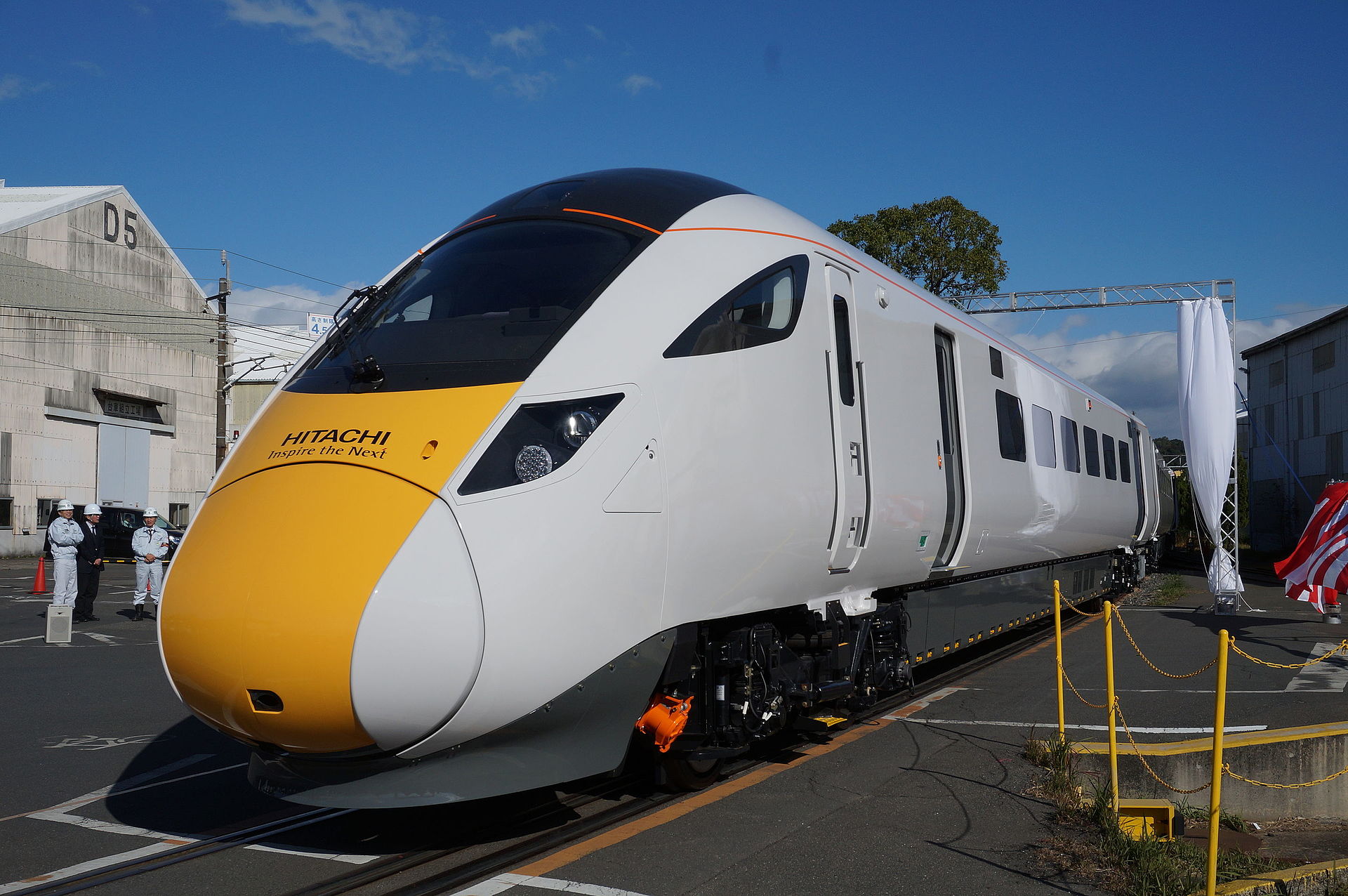
Day 1
New rolling stock
Get to grips with the technical information of electrification. How do the new trains work? What upgrades to the infrastructure are planned?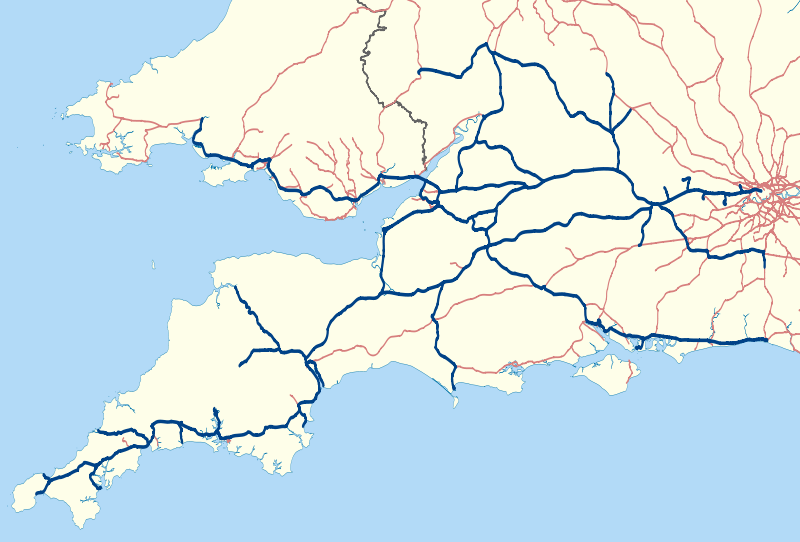
Day 2
Capacity increase
Find a technical solution to estimate the increase in daily capacity. Later, from Brunel to Kenneth Grange, research one era of the remarkable history of the Great Western Railway.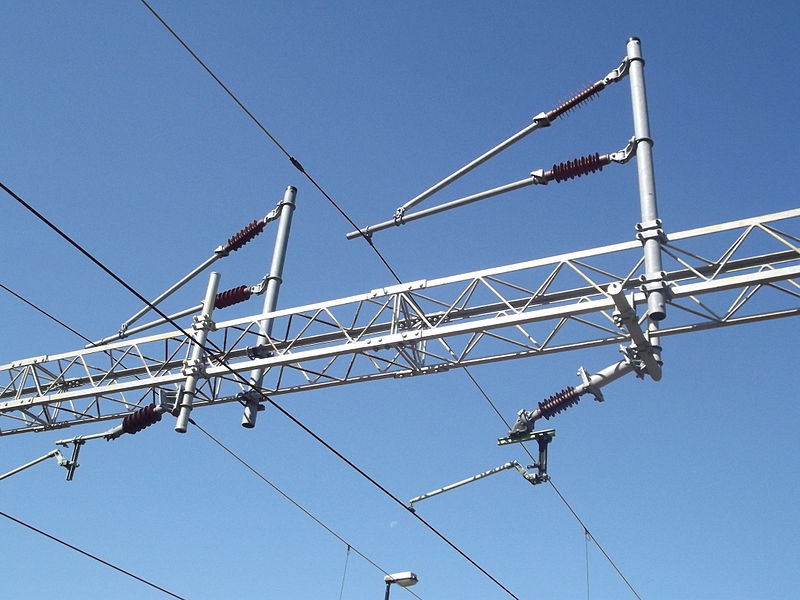
Day 3
Installation and commissioning
How do you go about implementing these upgrades? Students will use models and engineering drawings to consider and describe the order of operations. Students will learn about apprenticeships and other routes into railway engineering.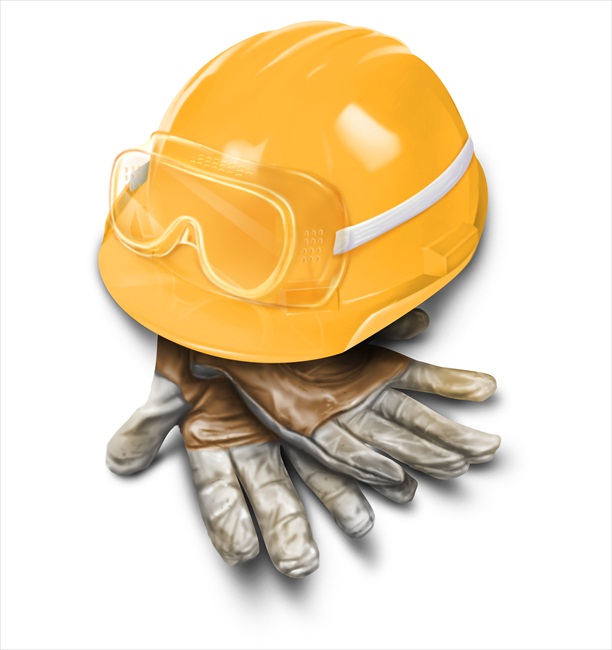
Day 4
Health and safety on the railway
Learn about the approach required for health and safety on the Railways. Students will also interview a member of staff providing them with a greater understanding of the industry.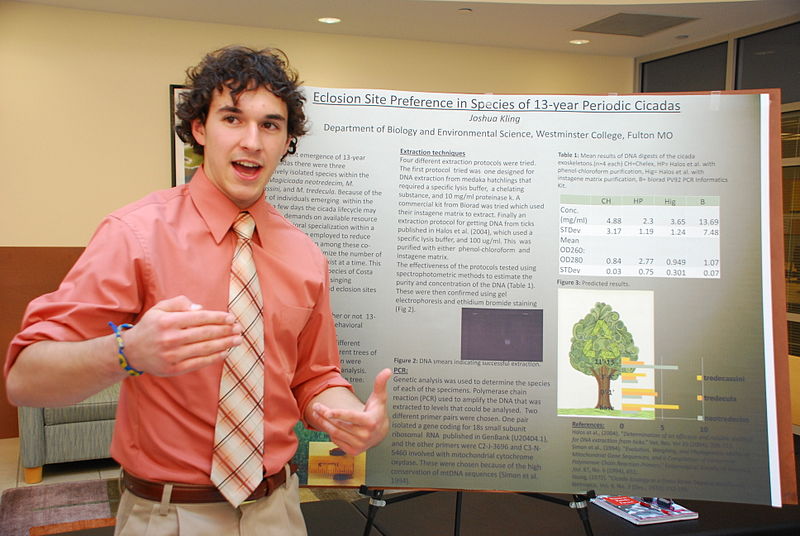
Day 5
Organise and present
Students will be put to the test in a mock-up of a community consultation. You and other engineers in your company will play the roles of local people affected by upgrades.More Information
Curriculum
This project is aimed at 14 to 19-year-old students working at or equivalent to KS4/5.
This project would be appropriate for a work experience student who was considering working in railway engineering in future, either via an apprenticeship-level or higher education pathway.
Apprenticeship-specific skills
This project will give students interested in pursuing an apprenticeship pathway into working in railways the opportunity to:
- Nurture a desire to work within railway engineering
- Develop technical solutions
- Learn engineering principles related to railway engineering
- Learn technical information about rolling stock
- Learn exact engineering terminology
- Come into contact with safe working practices
- Investigate the sustainability of projects
- Assess the tasks to be done and manage work effectively
- Communicate effectively.
Skills Development
Personal, Learning and Thinking Skills
- Through independent enquiry, students can: explore issues from different perspectives; analyse, evaluate and judge information and its relevance and value; and, support conclusions using reasoned arguments and evidence.
- Through self-management, students are required to: show flexibility when priorities change; work towards goals, showing initiative and perseverance; organize their time; and manage their emotions.
- Through reflective learning, students will: review progress; request feedback; evaluate their experiences; and communicate their learning in relevant ways for different audiences.
Communication Skills
- Through role play, students will have the opportunity to: talk in front of others; plan and present their ideas; and defend their ideas under scrutiny.
- Through interviews, students are required to: prepare questions; and hold a discussion in a formal setting.
- Through written and verbal communication, students can: write reports of their work; respond to feedback; and use industry specific terminology.
Information, Advice and Guidance
This project is designed to give a hands on insight into what it’s like to be an engineer working on the railways. It is an immersive experience where students conduct the realistic projects of an engineer. They will explore their workplace developing their confidence and skills. As part of this project, students will conduct research into different aspects of an engineer’s job, they are specifically asked to interview a member of staff about what path they took to get the job they have now.
Delivery Requirements
Ideally, the student should be able to access information on real projects in your organisation that are relevant to the activities that the students will be doing in this Student Studio project, and the people who have worked on them. If this is not possible then the supporting resources within Student Studio will help to bring sufficient context for the student.
Supervision
Supervisors will need an hour to prepare any supporting resources prior to the student starting and then approximately 1-1.5 hours a day for 1:1 supervision and arranging access to other members of staff.
Supervisors don’t need to have any specific engineering knowledge related to the theme of this Student Studio project; broad understanding of general engineering principles is all that is needed to guide students through this project. Each day Student Studio gives supervisors suggestions on how to guide students through their project and how to set up interesting and exciting activities for them.
Resources
We encourage host organisations, where possible, to make available real resource, resources, such as drawings, reports, calculations, computer models and presentations, to help contextualise this project.
For this project students are encouraged to create an approximate model of overhead railway cables. To achieve this we suggest having ready some or all of the following:
- Pipe cleaners
- Coffee stirrers
- String
- Sellotape
- Blue tack
Equipment
All you need is a computer with internet access!
Share
